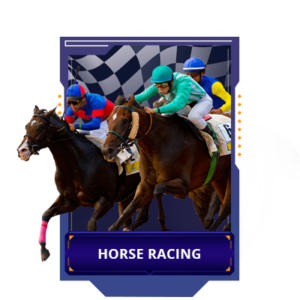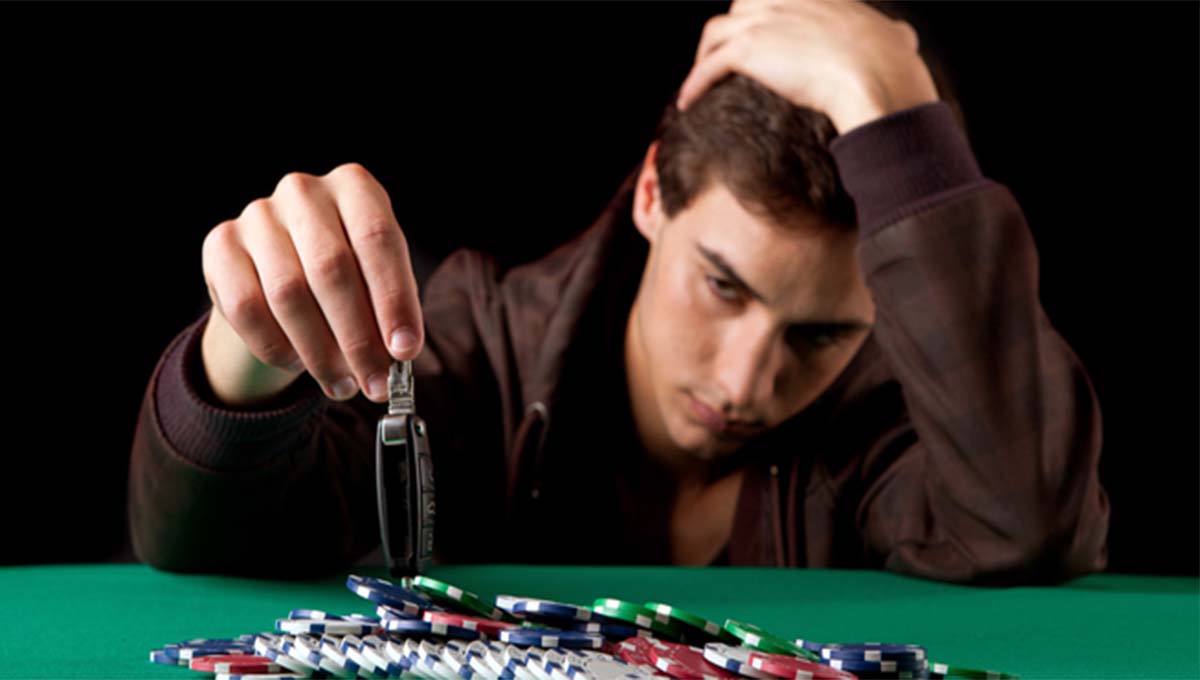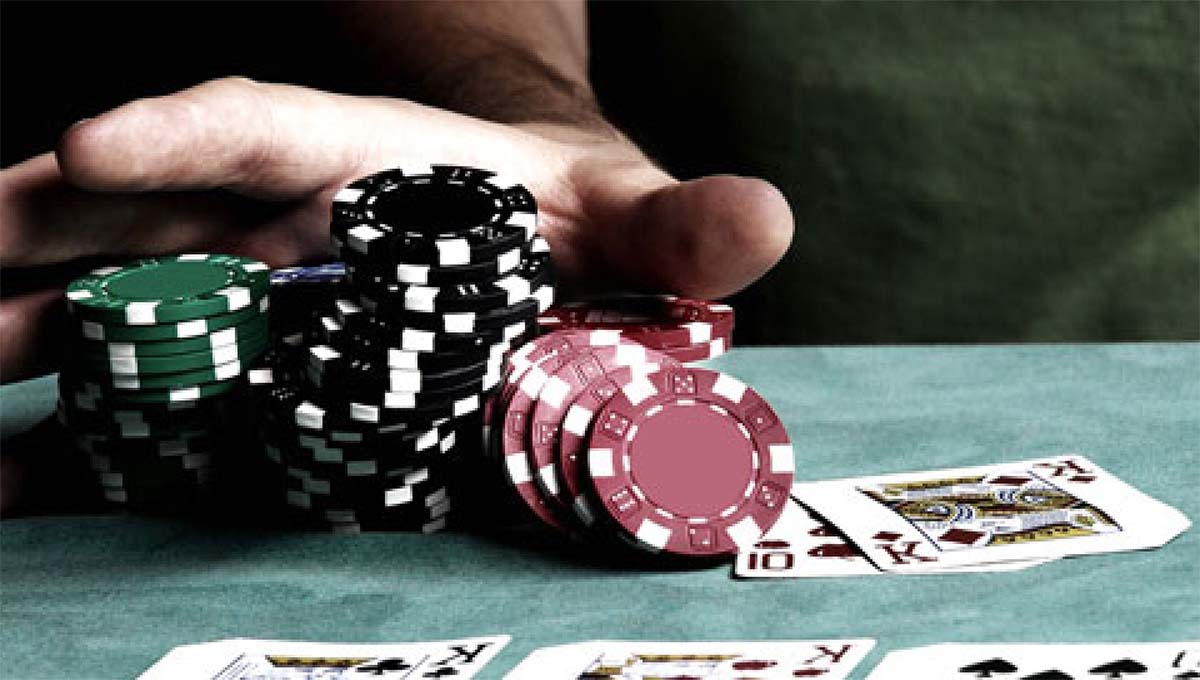Singaporeans lost billions of dollars years even before the two casinos in Marina Bay Sands and Resorts World Sentosa open in 2010. As such to a report from 2005, Singapore Pools, a state-linked lottery provider in Singapore, had an annual turnover of S$4 billion, or S$11 million a day. A further study in the same year found that at least S$7 billion was spent on gambling in Singapore in 2004, not include not legal betting or take risks in stocks or results.
The question “Why do people gamble in Singapore?” and its many type, such as “Why do people gamble when most people continue to lose?” are the ones have been asked the most in the three decades that have studied gambling.










All gambling surveys have shown that a wide type of motivational factors are essential to gambling and that views about gambling are positive same with ease of use and social acceptance. However, this viewpoint ignores a number of important discoveries and observations made in the field of gambling research. As such, studies have revealed that not all gambles and that some gamble more always than others (e.g., professional gamblers, problem gamblers).

Statistics Of Singaporean Gamblers
As such to a poll performed by the Ministry of Community Development, Youth, and Sports between late 2004 and early 2005, 58 percent of Singaporeans ages 18 and older had gambled in the past year, with 2.1 percent exhibiting symptoms of gambling addiction. Average monthly wagers made by gamblers were S$244.
With 4D, Toto, and Singapore Sweep claiming the top three rankings and over 30 percent f Singaporeans take part in these games, the lottery games provided by Singapore Pools were the most well-liked.
With a participation rate of 17 percent on social gambling which includes mahjong, card games, and other games played with friends and family and involving money came in fourth place. With a 12-percent participation rate, the scratch-and-win game Scratch It! quickly acquired popularity.
Sports betting, horse racing, table games, and online gambling were the least popular forms of gambling in Singapore, as such to the MSF study from 2005. Slot machines, sports betting, and horse racing were more popular. On these initiatives, nonetheless, more money was spent. On average, S$387 and S$288 were spent each month on table games (on cruises and in casinos) and sports betting. In contrast, S$93, S$48, and S$27 were spent each month on 4D, Toto, and Singapore Sweep.

Understanding The Reasons For Gambling
Someone can begin playing for enjoyment and begin winning right away. They then continue to play in the hopes of winning once more and have fun the same positive emotions. However, the cycle of obsessive gambling might start when they lose, especially significant losses.
People who have gone through a stressful event in their lives may find solace in gambling. Individuals who wish to forget about their problems with money or relationships in general. Others may begin playing the slots because they long for companionship and are lonely.
People who grew up in a household where a parent or grandparent has a gambling problem are more likely to become addicted to gambling.
Gamblers often have four basic motivations. These could aid in your comprehension of how gambling can become addictive and why quitting is so difficult.
- Social reasons – This could be because it’s what a group of friends do when they get together or because it enhances the fun of a social gathering.
- To win money, because someone enjoys imagining what they would do if they won the lottery, or because winning would alter their way of life.
- For amusement purposes – because they enjoy the sensation, want to experience a rush or ‘high,’ or just because it makes them feel good.
- Since it helps when someone is anxious or depressed, to forget their troubles, because they feel more confident, or for coping mechanisms.
- Taking risks – it is human nature to feel excited when taking risks, and the good sensation obtained from gambling is no different. This is one of the reasons people gamble. Will my numbers be called? Will my team triumph? A natural high, an adrenaline rush, and a sensation of anticipation are what many of us seek out while looking for amusement and fun. A sensation that some individuals feel they cannot survive without.
These explanations don’t free the gambler of responsibility, but they do help you understand why your dear one continues to gamble and why it has turned into a problem.
Keep in mind that your loved one did not elect to win quickly. They didn’t decide to develop an addiction. They also probably don’t understand how gambling works. If you find yourself getting upset with the person in a way that might not be beneficial, keep this in mind.










Conclusion
People gamble for a type of motives, including amusement, the belief that they can make money, and as a diversion from personal issues. People may keep gambling after experiencing a win since it can be thrilling and make them feel good. Some people can gamble at a level that doesn’t interfere with their lives, but for others, it can be extremely difficult. You can cope with or avoid the situations in your life that lead to the impulse to gamble by reflecting on why you bet.
All of this supports the notion that gambling often isn’t about winning at all. It’s about the betting process itself and all the other elements that add to the fun. It’s difficult to pinpoint the exact causes of pathological gambling because there are sometimes a type of factors at play. Nevertheless, it’s intriguing to consider how the thrill of a wager may be influenced by the design and rules of the game being played.
As such, even when it’s not a dangerous habit, gambling still seems to amuse those who end up broke. Which colour should you use: red or black? Maybe it’s irrelevant, then. Games and machines always offer players other prizes, such as more credit or – after a loss – the chance to win more money next time, in an effort to keep them engaged.










